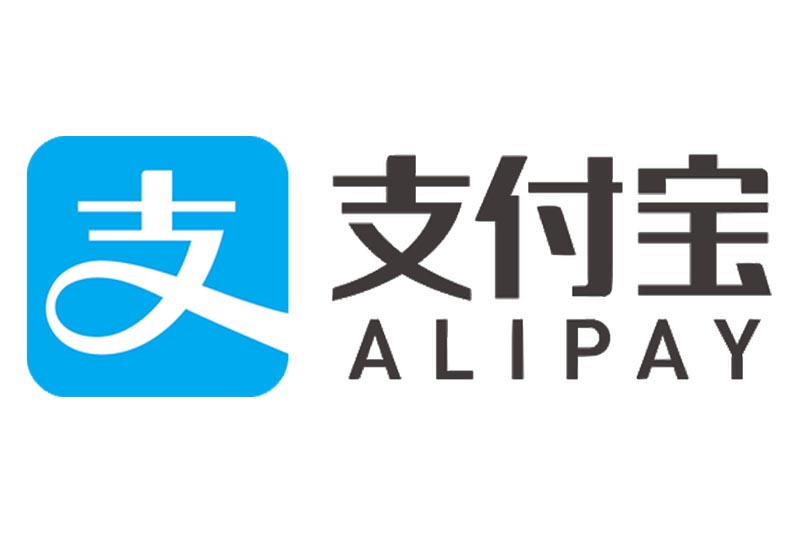
Alipay, a third-party mobile and online payment platform based in Hangzhou, China, has been granted permission to do business in Nepal. Nepal Rastra Bank (NRB) recently granted permission to Alipay to operate its electronic payment service in Nepal. Alipay is the second payment platform based in China which has been granted permission to operate in Nepal. WeChat Pay was the first China-based payment service to be granted permission by NRB.

For those of you who don’t know, Alipay is part of the Alibaba Group and was founded by Jack Ma. It was established in February 2004 in Hangzhou China but shifted its headquarter to Pudong, Shanghai in 2015. Alipay, as of March 2018, had 870 million users and has surpassed PayPal as the world’s largest mobile payment platform in 2013. This has made the platform world’s number one mobile payment service organization and the second-largest payment service organization in the world. And according to the statistics of the fourth quarter of 2017, Alipay had a 54.26% share of the third-party payment market in mainland China and is continuously growing.
Alongside, granting the permission, NRB has authorized Himalayan Bank to provide the settlement services of transactions made through Alipay in Nepal. Revati Prasad Nepal, executive director and head of Payment Systems Department of NRB said, “Though Alipay has been authorized to conduct its business in Nepal, its settlement partner, Himalayan Bank is yet to set up the necessary infrastructure for the same.”
This was done to make the platform legal in Nepal. Alipay and WeChat Pay are very popular among Chinese tourists for transactions in the hospitality sector in Nepal. But previously, it was used illegally as it was not registered in our country. The platform was misused by the Chinese business operators, who received payment via these apps, to repatriate earnings to their home country by circumventing local tax network because they left no evidence to substantiate that those transactions took place in Nepal.
Also Read:
- Samsung Galaxy Z Flip vs Motorola Razr: Which foldable phone is better?
- Realme X50 Pro is a 5G flagship with Snapdragon 865 and 65-Watt super-fast charging
- Samsung Galaxy Buds Plus is available in Nepal at Rs 17,000
- Samsung Galaxy S20 Ultra, the smartphone with 16GB RAM, 108MP camera and 100x zoom
- Poco X2 finally launched, is it a new mid-range gaming beast?
- Poco Global head hints Poco F2’s launch in 2020
- Oppo set to launch Oppo Find X2 in India with SD865, and120Hz display
- Huawei Mate XS is a-year-old Mate X but with improved hardware
- Apple iPhone 9 / iPhone SE 2: Release date, specs, price, and everything we know so far













